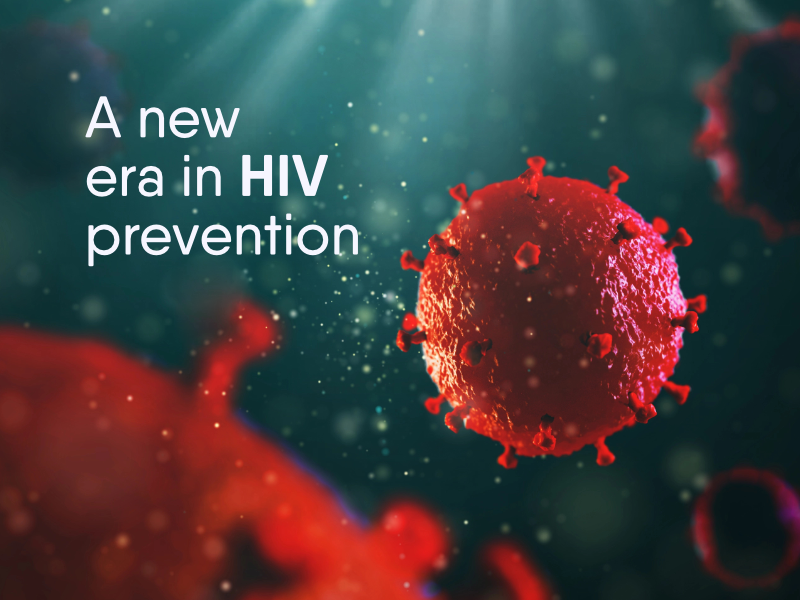Coping with suicidal thoughts? Read this first!
- Byon8 Team
- Jul 19, 2021
- 3 min read
Updated: Feb 1, 2022
Fatal self-injurious behaviors intended to kill have been taking the lives of young men and women around the globe, leaving many others with unnecessary disabilities.
If you are a young person aged between 15-39, the 4th most common cause of death is suicide after road injury, infectious diseases, and interpersonal violence.

Attention to suicide prevention is even more important now during the pandemic. It has been more than a year and a half still living with the COVID-19 pandemic, it is clear that it has affected everyone’s mental health. This has brought on or exacerbated many of the risk factors for suicide. Many people now have lost their loved ones, jobs, or suffering financial stress and social isolation.
According to the World Health Organization (WHO), nearly 800 000 people die due to suicide each year, with more than twice as many males compared to females.
Suicide rates among men are generally higher in high-income countries. In contrast, for females, the highest suicide rates are found in lower-middle-income countries—the African region is carrying the highest suicide rates globally, even though few cases are reported.
Am I At Risk?
The origin of suicidal thoughts and behavior is complex. But it rises from social dysfunctions and health difficulties that many people overlook in most cases.
According to research:
Hopelessness,
Dysfunctional relationship,
Mental health problems,
Sexual minorities,
Unskilled occupations,
Childhood adversity,
Military veterans,
Poor residential area
Media influence
Are, each of them, strong predictors for suicide. In other words, those difficulties and dysfunctions trigger mental stress, which can entrap an individual within a prison of deadly behaviors as the solution that few can hardly escape. You see how easily everyone is at risk.
We Have A Life To Live
Everyone deserves to live a full and healthy life. Even though there are challenges along everyone’s journey, our life is amenable only when there is safety for our psyche (spirit/soul). That safety has to be sought, created, and maintained as we do for our bodies when we are feeding, bathing and clothing.
According to research, social support and family connectedness have protected many people from committing suicide. A similar effect would be achieved by avoiding discords, getting pregnant, becoming a parent, or participating in religious activities.
Step Up For Suicide Prevention
It is as important to prevent the above mentioned risk factors and help whoever is struggling with them. It has been found that 90% of people who die due to suicide have searched for help at least once in their last year. Unfortunately, help is often sought from incompetent people or inappropriately.
Everyone can contribute to the prevention of suicide. According to the WHO, to prevent suicide, we need to take actions on:
Limiting access to the means of suicide, such as highly hazardous pesticides and firearms
Educating the media on responsible reporting of suicide;
Fostering socio-emotional life skills, especially in adolescents; and
Early identification, assessment, management, and follow-up of anyone affected by suicidal thoughts and behavior.
We can also add that whenever you are helping yourself or someone else, please seek help until you win the battle.
In the BYON8 mobile app, we give you faster access to a healthcare provider who can provide a good management plan and follow-up necessary to overcome suicidal thoughts and behavior and improve your mental health. Reach out to us anytime we are available 24/7 - 365!
Until next time, stay safe.
Sources:
[1] Hirschfeld, R. M., & Russell, J. M. (1997). Assessment and treatment of suicidal patients. The New England journal of medicine, 337(13), 910–915. https://doi.org/10.1056/NEJM199709253371307
[2] Haukka, J., Suominen, K., Partonen, T., & Lönnqvist, J. (2008). Determinants and outcomes of serious attempted suicide: a nationwide study in Finland, 1996-2003. American journal of epidemiology, 167(10), 1155–1163. https://doi.org/10.1093/aje/kwn017
[3] Reducing suicide: A national imperative, Goldsmith SK, Pellmar TC, Kleinman AM, Bunney WE (Eds), Institute of Medicine National Academies Press, 2002



Comments